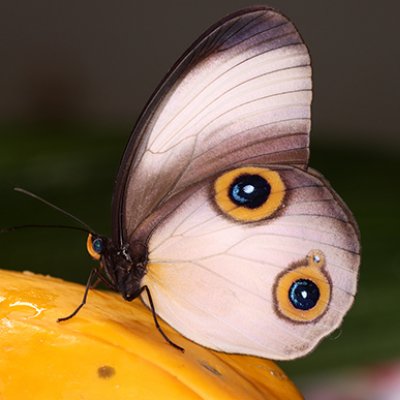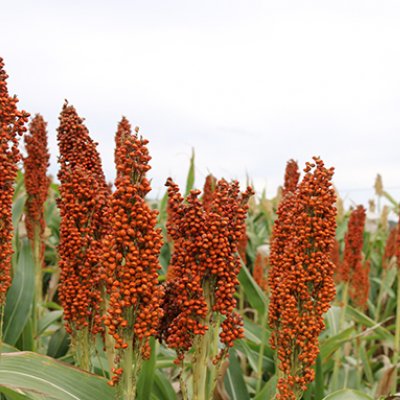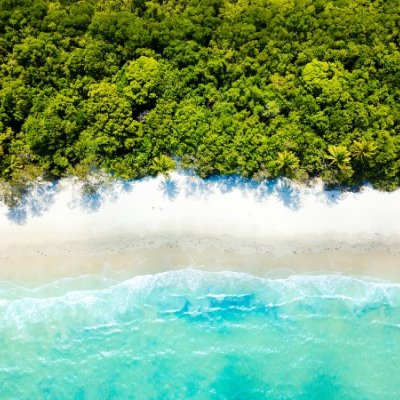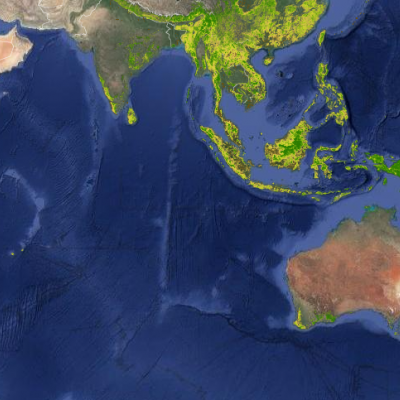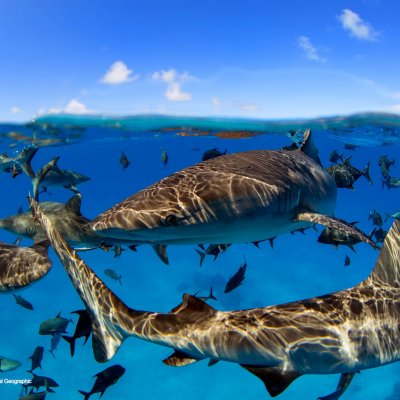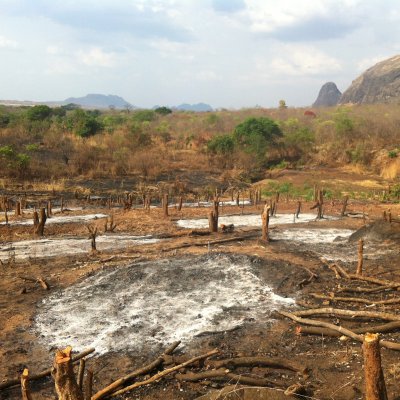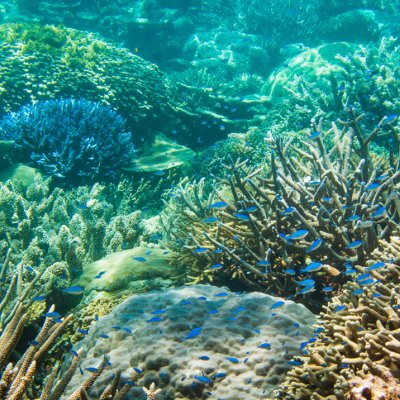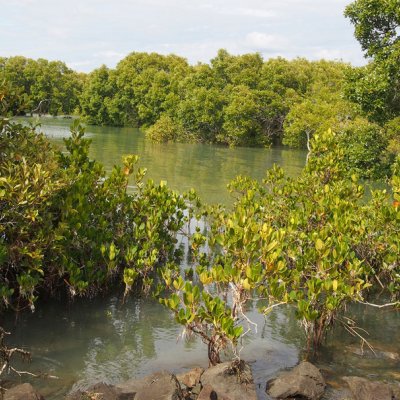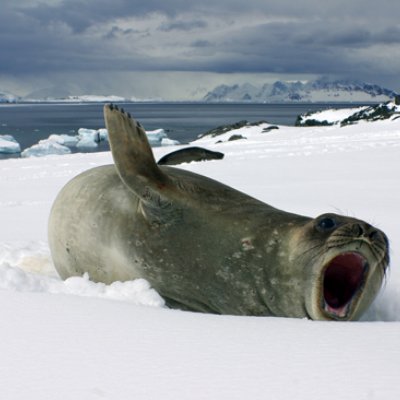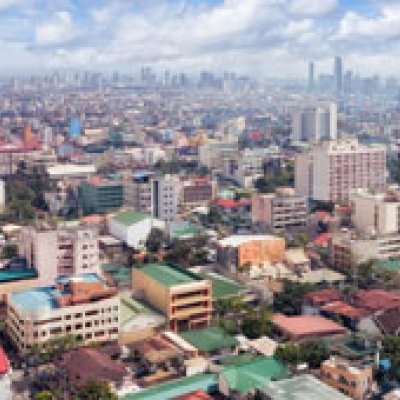Researchers have revealed that threatened birds have disappeared from almost 70 per cent of Australia since European colonisation.
7 February 2022A world-first real-time bushfire hazard detection and warning system using artificial intelligence (AI) is under development thanks to a new partnership between The University of Queensland and Google.org, Google’s philanthropic arm.
11 December 2021Stabilising reef rubble may help corals recover faster after being damaged by the impacts of climate change and natural degradation.
2 December 2021The unique brainpower of octopuses – known for their intelligence and Houdini-like escapes – has been revealed by University of Queensland researchers.
22 November 2021The tropical root vegetable taro, known as the ‘food of the gods’ in the Pacific, is under threat from rising sea levels but wild Australian plants being cultivated by The University of Queensland may help boost food security in the region.
21 October 2021A University of Queensland researcher has spent decades compiling a first-of-its-kind database of the butterfly species of the Torres Strait Islands, boosting biosecurity and conservation measures in the region.
16 October 2021Researchers at The University of Queensland are optimistic the value and versatility of one of the world’s top crops will be improved following the discovery of genes which could increase the grain size of sorghum.
28 September 2021Increasing reforestation efforts in coastal regions could substantially reduce the amount of sediment run-off reaching coral reefs and improve their resilience, a University of Queensland-led study has found.
16 September 2021Only 40 per cent of forests are considered to have high ecological integrity, according to a new global measure, the Forest Landscape Integrity Index.
9 December 2020Australia’s renewable energy research capacity has been boosted with the completion of The University of Queensland’s 64 megawatt solar farm at Warwick in the state’s south east.
17 July 2020It’s not too late to rescue global marine life, according to a study outlining the steps needed for marine ecosystems to recover from damage by 2050.
2 April 2020Scientists have identified a portfolio of the world’s reefs most likely to survive the coming decades, using principles from the financial investment world.
28 June 2018University of Queensland environmental scientists are trading travel for tweets in an effort to cut down on greenhouse gas emissions and improve accessibility leading talks in a new conference.
16 May 2018A University of Queensland-led study involving researchers from three continents has found habitat destruction still far outstrips habitat protection across many parts of the planet.
7 December 2016Issues critical to communities across the world will be discussed at an international symposium in Brisbane from September 22 to 25.
20 September 2016University of Queensland scientific research on the Great Barrier Reef is in the international spotlight with this week’s launch of an interactive website to complement a BBC television series to be released on 30 December.
23 December 2015UQ's Global Change Institute and the Sharjah Research Academy in the United Arab Emirates have agreed to a broad research collaboration to address global warming.
7 December 2015Mangrove forests around the Indo-Pacific region could be submerged by 2070, according to international research published today.
15 October 2015Climate change will have a major impact on life in Antarctica this century, according to a landmark study published in Nature Climate Change today.
29 September 2015Until 1997, water supplies in downtown Manila were beset with infrastructure problems such as leaks, widespread unauthorised access and contamination.
11 September 2015- ‹ previous
- 2 of 3
- next ›
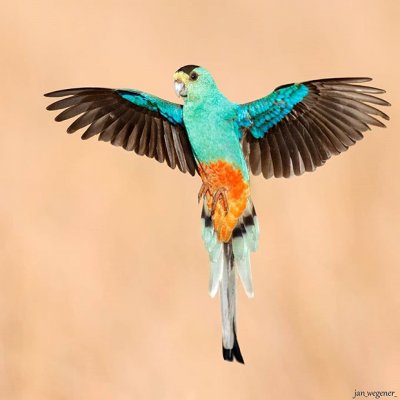
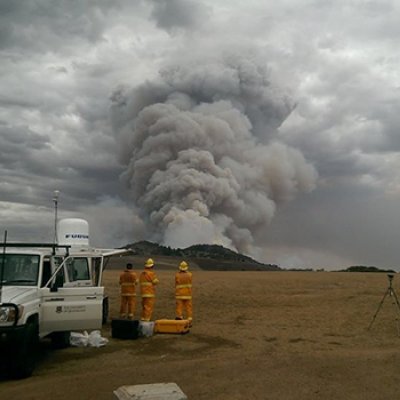
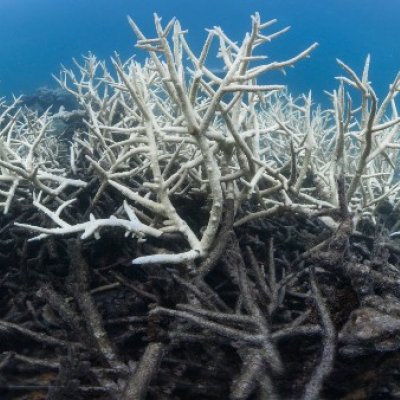
 Image Wen-Sung Chung resized.jpg?itok=JOv8KuZY)

